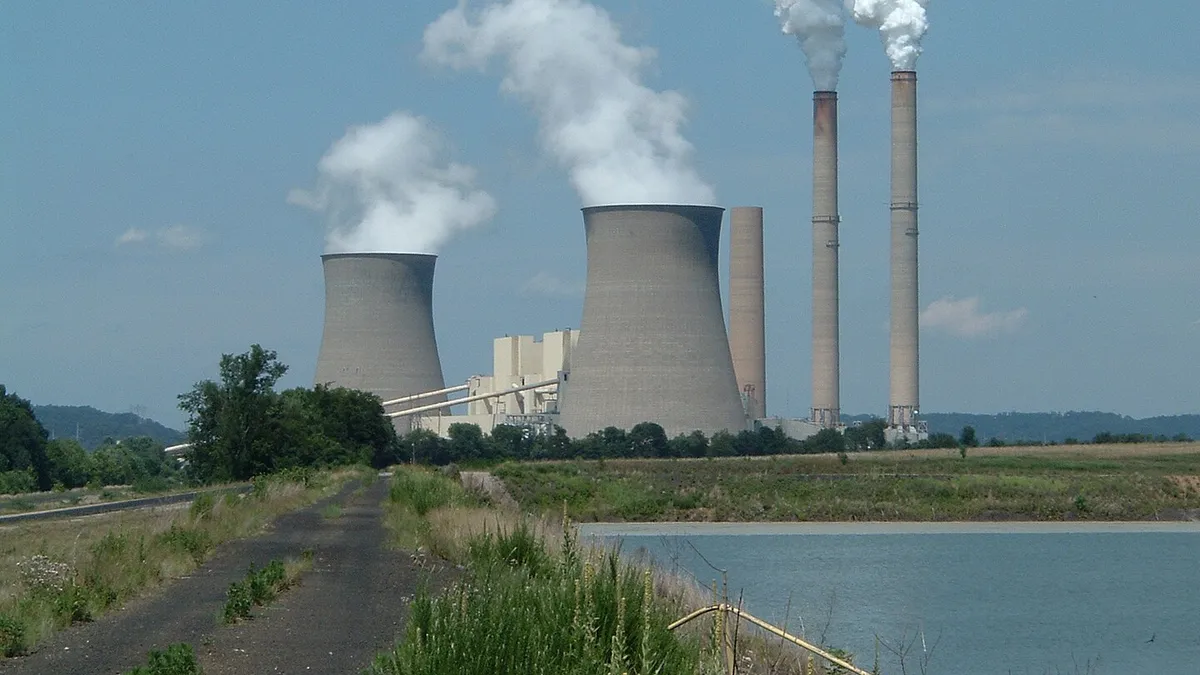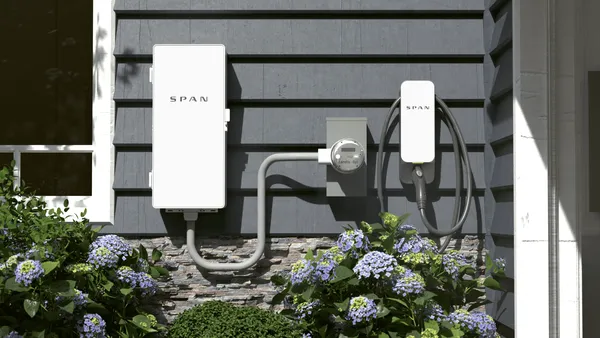Dive Brief:
- Activist investor ValueAct Capital Management is calling for a management shakeup at Hawaiian Electric Industries Inc. (HEI), saying the company has "failed to lead the transition" to renewable energy at its power company subsidiary.
- Hawaiian Electric (HECO) will invest about $1.2 billion from 2019 to 2021 to integrate more renewable energy and modernize its grid, the company said. HECO also defended its management and financial track record, in a letter to shareholders this week.
- While the utility is adding renewable energy, its critics maintain a faster pace is necessary to reach a 100% renewables goal by 2045. The Hawaii Public Utilities Commission (PUC) is currently conducting an audit of HECO's management, alongside a proposed base rate increase for customers on Oahu.
Dive Insight:
While Hawaiian Electric management defended its renewables progress, there are rumblings that ValueAct founder Jeff Ubben made good points in his Nov. 11 letter to HEI.
"Although filled with good people, [Hawaiian Electric] has really failed the mandate to move to renewable energy and lower-cost energy,” State Sen. Russell Ruderman, D, told Pacific Business News. Ruderman also owns multiple grocery stores and is a commercial customer of the utility.
Marco Mangelsdorf, president of Hawaii's ProVision Solar, told Utility Dive that HECO's efforts to add renewable power have been insufficient in recent years. The "slow progress toward these goals has been insufficient and disappointing and that significant changes are needed at the top," he said in an email.
And Mangelsdorf pointed to the audit, being conducted by the Public Utilities Commission, as a sign concerns are not being taken lightly. The PUC called for the audit in September, when it launched a review of a proposed $77.5 million base rate increase for customers on Oahu.
"No matter how HECO may try to downplay this audit, it is in fact a serious and relatively unprecedented mandate," he said.
Ubben, in his letter to HEI, advocated for a management shakeup and said he believes the utility company is currently making plans for who will follow HEI CEO Constance Lau. “I firmly believe the best candidate for this crucial leadership role will be found outside of the company,” Ubben wrote.
“The company is at an inflection point where management can be driven either by more of the same inertia or, alternatively, by innovative, forward-looking thinking and action,” Ubben said in his letter.
In a response, HEI Chairman of the Board Jeff Watanabe wrote the company has "a strong, capable, independent Board of Directors that takes succession planning seriously." He also noted HEI has outperformed the S&P 500 and broader utility index in recent years, and the stock price currently sits near a record high.
Watanabe also cautioned that ValueAct’s position must be viewed "in the context of its substantial conflicts of interests in Hawaii." He noted that ValueAct holds an investment in AES, which has "competitive and contractual interests" in the state, including winning bids to build solar plus storage projects for HECO.
ValueAct doesn't seem "interested in the facts but rather seem intent on pursuing their own agenda – specifically, handpicking a CEO for HEI," said Watanabe.
HECO spokesman Jim Kelly expressed surprise at Mangelsdorf's comments, pointing to much more positive remarks he made about the company on Hawaii Public Radio in October.
“I’ve had my challenges with Hawaiian Electric over the years at times, but at the same time I give them credit for pushing the envelope and pushing the engineering side to be able to have their grids accommodate so much more of these mini power plants, these solar electric systems ... I really do feel that they have tried in a sincere and progressive fashion to take on more and more and more PV," Mangelsdorf said.
Mangelsdorf's company was previously a part of Hawaiian Electric Industries, he explained on the show.
The PUC has scheduled a hearing for today to discuss the Oahu rate proposal, which HECO says would go to pay for grid upgrades and technology to integrate more renewable energy. A typical residential customer on the island would see their monthly bill increase about $8.67 per month under the proposal.















